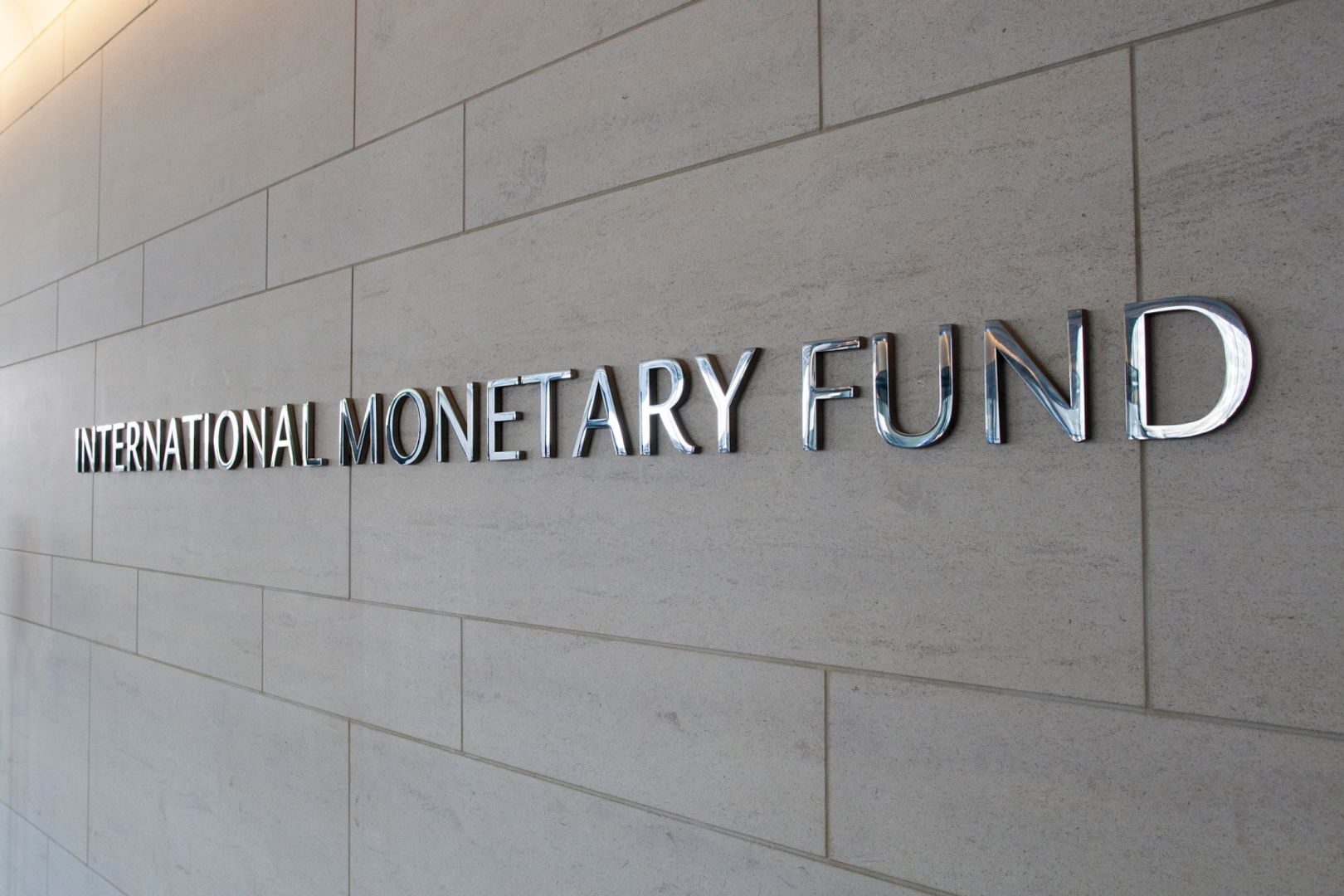The International Monetary Fund (IMF) has rejected Pakistan’s repeated proposals to provide subsidized electricity to bitcoin
mining and other energy-intensive industries,according to reports.
Secretary of Power Dr. Fakhray Alam Irfan said that the IMF was concerned about market distortions in a session with the Senate Standing Committee on Power on Thursday.
STORY CONTINUES BELOW
The government had planned to allocate 2,000 megawatts from its 7,000 MW electricity surplus to crypto mining at rates of 23-24 pakistani rupee ($0.08) per kilowatt-hour (kWh). However, the IMF remained unconvinced, warning that such incentives resemble tax holidays that often undermine market efficiency.
The IMF questioned how the government would transition the subsidized electricity back to market rates and argued that similar concessions had failed to deliver results in the past.
Originally pitched in September 2024 as a six-month marginal cost tariff package, the plan was scaled back to three months under IMF pressure. A follow-up targeted subsidy proposal in November was also rejected.
Dr. Irfan added that the government were still in talks with international institutions to refine the plan.
Pakistan’s government unveiled plans to establish a strategic bitcoin reserve and support BTC mining in May inspired by the plans of President Donald Trump’s administration in the U.S.
The country’s Minister of State for Blockchain and Crypto cited the possibilities of giving the 100 million unbanked Pakistanis the tools for saving and investment as a motivation for the government’s plans.
“We want them to break their economic classes. And I really believe that crypto and blockchain can help us take that quantum leap,” Bin Saqib said at the Bitcoin 2025 conference in Las Vegas.
Read more: Pakistan Engages Michael Saylor in Bold Push Toward Bitcoin-Backed Economy


